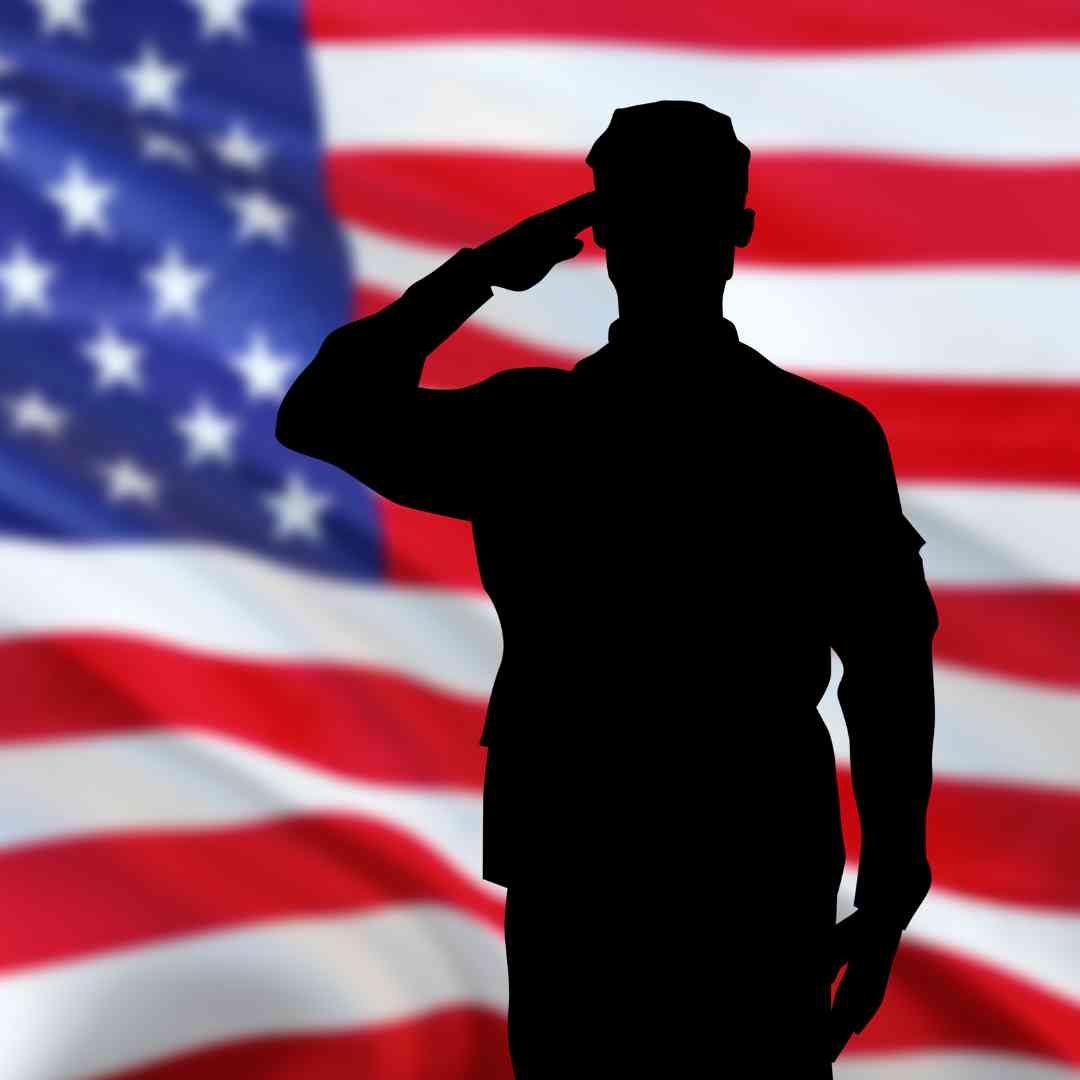Veteran Transportation Services: Bridging the Gap for Those Who Served

When veterans transition to civilian life after serving their country, they deserve unwavering support that extends beyond mere gratitude. Access to essential services, social engagement, and medical care should be readily available to those who have sacrificed so much. However, many veterans face transportation challenges that hinder their ability to get around independently. The good news is that a range of veteran transportation services is available, aiming to bridge the gap and ensure that veterans can access the resources they need.
For veterans struggling with mobility, transportation barriers can have ripple effects that touch every aspect of their lives. Missed medical appointments, limited access to employment opportunities, and isolation from their communities are just some of the consequences. Recognizing these challenges, organizations, initiatives, and government programs have stepped up to provide a comprehensive suite of transportation options tailored to veterans’ unique needs.
- Door-to-Door Transportation: Ensuring Accessibility and Comfort
One of the cornerstones of veteran transportation services is door-to-door transportation. This service goes beyond mere transportation; it ensures that veterans receive the additional support they need. For veterans with mobility challenges or disabilities, door-to-door transportation means having a trained driver who can provide assistance with mobility aids, ensure a safe boarding and alighting process, and prioritize veterans’ comfort throughout the journey. - Public Transportation Assistance: Enhancing Affordability
Public transportation is a lifeline for many veterans, offering a means to reach medical appointments, social events, and other essential destinations. Veteran transportation services recognize the importance of public transit and provide support through fare subsidies. By making public transportation more affordable, these services enable veterans to maintain their mobility and independence without being burdened by financial constraints. - Volunteer Driver Programs: Building Connections and Support
Community support is a cornerstone of veteran transportation services. Through volunteer driver programs, veterans are connected with individuals who generously volunteer their time and vehicles. This not only addresses the practical aspect of transportation but also creates opportunities for veterans to engage with their local community, forge connections, and build relationships that extend beyond the journey itself. - Rideshare Services: Embracing Convenience and Flexibility
The digital age has brought about innovations in transportation, and veteran transportation services leverage this progress to offer veterans even greater flexibility and convenience. By partnering with rideshare services like Uber and Lyft, veterans have access to on-demand transportation whenever they need it. This is particularly useful for veterans who require transportation at irregular hours or for unexpected appointments. - Medical Transportation: Prioritizing Healthcare Access
Veteran transportation services understand that medical appointments are a cornerstone of veterans’ well-being. These services offer specialized medical transportation options to ensure that veterans can access healthcare services without the stress of transportation barriers. This dedication to healthcare access underscores the commitment to addressing veterans’ comprehensive needs. - VA transportation services: The U.S. Department of Veterans Affairs (VA) offers a variety of transportation services to veterans, including:
- VA Medical Transportation (VMT): VMT provides transportation to and from VA medical facilities for veterans who are unable to travel independently.
- VA Paratransit: VA Paratransit provides door-to-door transportation to veterans who are unable to use public transportation.
- VA Beneficiary Travel (BT): BT provides reimbursement for travel expenses for veterans who need to travel to receive VA benefits
If you are a veteran who needs transportation assistance, there are a few ways to find help. You can:
- Contact your local VA medical center. Your VA medical center may have a transportation department that can help you find transportation to and from your appointments.
- Call 211. 211 is a free service that can help you find transportation assistance in your area.
- Visit the website of your state’s department of veterans affairs. Many state departments of veterans affairs have websites that list transportation assistance programs that are available in the state.
- Search online. There are a number of websites that list transportation assistance programs, such as the National Association of Area Agencies on Aging and the Eldercare Locator.
Empower communities with accessible transportation! Book a demo and learn how our software revolutionizes scheduling for the elderly and special needs individuals
ABOUT THE AUTHOR
MIKE B.
Mike is a seasoned transportation consultant and technology advocate. Drawing from years of experience in the transportation industry, Mike bridges the gap between innovative software solutions and practical implementation strategies. His articles focus on the transformative power of software for organizations that deliver transportation options for the elderly, special needs and disabled communities. Outside his writing endeavors, Mike enjoys exploring the landscapes of Costa Rica and advocating for sustainable transportation initiatives.
Recent Comments